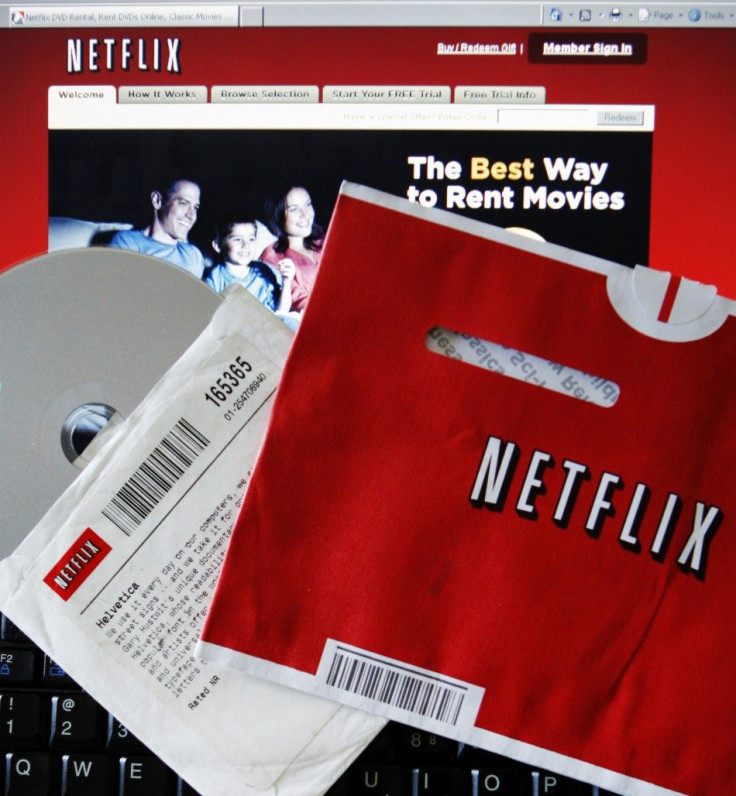Netflix Lowers Subscriber Expectation; Shares Tank

Netflix's shares nose-dived after the company lowered its subscriber expectations.
Chief Executive Reed Hastings sent a letter to shareholders cutting domestic subscriber guidance forecast for the upcoming quarter from 22 million streaming and 15 million DVD customers to 21.8 million streaming and 14.2 million DVD customers. Overall its original forecast of 25 million domestic subscribers for the end of the third quarter was trimmed by a million to 24 million.
It wasn't a significant cut, but it was enough to signficantly damage Netflix's stock. The stock is currently trading at $181.75, down 12.89 percent from Wednesday.
For the past few years, Netflix was riding a huge wave of momentum.. Its shares saw its stock soared from approximately $40 in 2009 to a high of nearly $300 in July 2011. As more subscribers came aboard, the company was signing deals to get access to more content. It was a great run during which rival, Blockbuster went bankrupt.
However, since its decision to split the services, Netflix's stock has been constantly dropping. In addition, the company has had to deal with new competitors to the space like Amazon.com and Wal-Mart's Vudu. Further, Liberty Media's Starz network is not renewing its contract with Netflix knowing that it can get a more premium price for its content in a competitive market.
The Los Gatos, Calif.-based Netflix has faced customer backlash since it decided to cut the price of streaming and DVD services. Originally, the services could be tied together for $9.99 a month. However, now it costs $7.99 for one DVD and $7.99 for DVD streaming. Together, the two services cost $15.98 or approximately $6 more monthly.
We know our decision to split our services has upset many of our subscribers, which we don't take lightly, but we believe this split will help us make our services better for subscribers and shareholders for years to come, Hastings said in the letter.
Netflix has been a momentum story-you need more subs to buy more content, which allows you to get more subs. Now you're starting that momentum in the other direction, where you have fewer subs, which could lead to lower content, to fewer subs, Janney Capital Markets analyst Tony Wible said to The Wall Street Journal.
Despite this, Netflix continues to defend the decision to split its services. In the letter, Hastings said splitting has allowed Netflix to create a dedicated DVD division, improve its streaming division more rapidly, license more content and stay price aggressive.
The company will report third quarter earnings in October.
Follow Gabriel Perna on Twitter at @GabrielSPerna
© Copyright IBTimes 2024. All rights reserved.




















